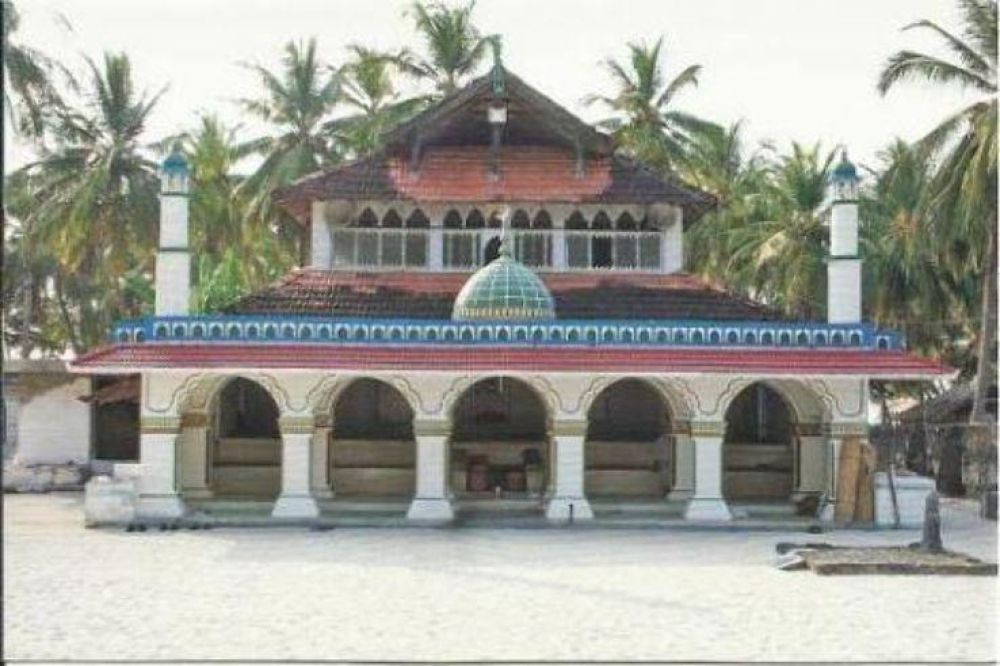

Nestled amid the serene azure waters of the Arabian Sea, the Moideen Mosque on Kadmat Island in Lakshadweep, India, serves not just as a place of worship but as a beacon of cultural heritage attracting tourists from across the globe. The archipelago of Lakshadweep is known for its pristine beaches, clear blue skies, and vibrant coral reefs, making it a hotspot for those seeking tranquility and natural beauty.
Moideen Mosque stands as a testament to the island's Islamic heritage, reflecting a history that dates back to the 7th century when Islam first arrived in the region. Over the years, the mosque has become an integral part of Kadmat Island's community, offering insights into the spiritual and social aspects of life in Lakshadweep.
The history of tourism in Lakshadweep is relatively recent, with the Government of India initiating efforts to promote tourism in the late 20th century. Recognizing the potential of its unique island environment, Lakshadweep was opened to tourists, with Kadmat Island being one of the key destinations. The government implemented sustainable tourism practices to preserve the delicate ecosystem and cultural integrity of the islands.
In recent years, Kadmat Island has seen a shift towards eco-friendly tourism. Visitors are increasingly attracted to the unspoiled natural beauty and are looking for sustainable ways to enjoy their stay. This includes responsible snorkeling, diving, and participation in conservation efforts. The Lakshadweep administration has also been promoting water sports and adventure tourism, catering to the younger, more adventurous crowd.
Tourists visiting the Moideen Mosque are often captivated by its simple yet elegant architectural design. The serenity and peace that the mosque offers harmonize perfectly with the idyllic surroundings of Kadmat Island. While the mosque is a place of worship and may not be a conventional tourist attraction, it provides visitors with a profound sense of the cultural and historical milieu of the island.
Despite its growing popularity, tourism in Lakshadweep faces challenges such as environmental concerns and the need for infrastructural development whilst maintaining sustainability. The future of tourism on Kadmat Island and the surrounding archipelago lies in balancing the conservation of its unique ecosystems and traditions with the economic benefits tourism can provide.
The Moideen Mosque, nestled in the splendor of Kadmat Island, not only stands as an emblem of spiritual significance but also as a subtle attraction in the evolving narrative of Lakshadweep's tourism history. As tourism trends evolve towards sustainability and eco-consciousness, visitors to Kadmat are offered a unique blend of scenic beauty, cultural experience, and a chance to contribute to the preservation of this paradise.